John Swinney has described the family challenges he had to resolve before deciding to take on the top job in Scottish politics.
In an exclusive interview with The Courier, the Perthshire MSP explained how he spent the days since Humza Yousaf stepped down consulting his family at home in Blairgowrie, including his wife Elizabeth Quigley and son Matthew, age 13.
And while every politician may dream of becoming the leader of their country, the decision was far from straightforward.
Elizabeth, who is a BBC Scotland reporter, was diagnosed with Multiple Sclerosis in 2000.
Speaking after his energetic campaign launch at a community project on Edinburgh’s Grassmarket, Mr Swinney, 60, said: “If I had given an answer on Tuesday, I wouldn’t have properly engaged with my family. And that’s not how I live my life.
“I had to give very careful consideration to standing for office. My wife relies on the support that I can offer her.
“We have a 13-year-old son who has a lot of activities and interests.
“If I’m going to do the job well, I have to know those that I love are alright. That things are OK for them.
“I can’t just go off deciding things for myself, I must make the right judgements for them.”
For most 13-year-olds, the idea of your dad potentially becoming first minister would be terrifying, but Mr Swinney said Matthew had just one question when they discussed it as a family.
John Swinney needed time to consider family
“His question to me was ‘if you become first minister can I still play hockey?’, I said it would be permissible.
“He’s a very resilient young lad, and as long as he gets to play hockey he’ll be fine,” Mr Swinney, who has three children, said.
Mr Swinney explained that with his responsibilities, he made sure he was able to take the time needed to talk things through and consider the implications for his family and how challenges could be tackled.
This includes the basics, like ensuring Matthew can attend hockey in Dundee even though Mr Swinney is the only driver in the house and could be tied up in Edinburgh.
But the situation also affords Mr Swinney with a unique perspective, which he thinks helps him understand people’s lives better.
“It’s valuable, I can understand the world from other people’s perspectives,” he said.
First elected to Holyrood in 1999, Mr Swinney joined the SNP government in senior ministerial briefs such as finance and education after the party first came to power in 2007.
He has been an ever-present figure in SNP governments since then. When he stood down alongside Nicola Sturgeon last year, it was the first in over a decade he wasn’t a government minister.
The time away has clearly had an impact, both personally and politically.
Any perception he would be a caretaker party leader until someone better came along will have been quickly dispelled by his punchy campaign pitch.
“I am no caretaker. I am no interim leader. I am offering to lead my party through the Westminster elections and to lead us beyond the 2026 elections – two contests which I intend to win,” he told supporters.
‘I made time for my constituents’
While the experience of government will no doubt be valuable, Mr Swinney says that his “sabbatical” has also been great preparation.
“I’ve been able to rest physically and mentally,” he says, adding: “I am a better person. If I’d stood last year, I would have stood at a time when I was under strain and I was tired.
“I’m glad I took the time,”
He returns to government with key “themes” he wants to make progress on ahead of the next Holyrood election in 2026 – working towards net zero, economic growth and delivering on the public service agenda.
But it’s the fourth area – tackling child poverty – that seems to motivate Mr Swinney most.
“Already we’ve got 100,000 children taken out of poverty in Scotland. We have to make sure we more headway on that,” he insisted.
He also used the interview to reassure his Perthshire constituents that they would continue to remain a priority regardless of his ministerial jobs.
“It’s always something that’s been really important to me, that I did what was required in the constituency.
“The way I’ve operated is I’ve lived my life in the constituency. That’s allowed me to go to things in a family context, even when I do my shopping my constituents stop me to raise cases with me.
“My wife will frequently remind me to transcribe the notes that I’ve written on the back of a cereal box to make sure it’s acted on.”
As Kate Forbes decides not to seek election, the reality of life in the spotlight is about to hit home.
Read more:
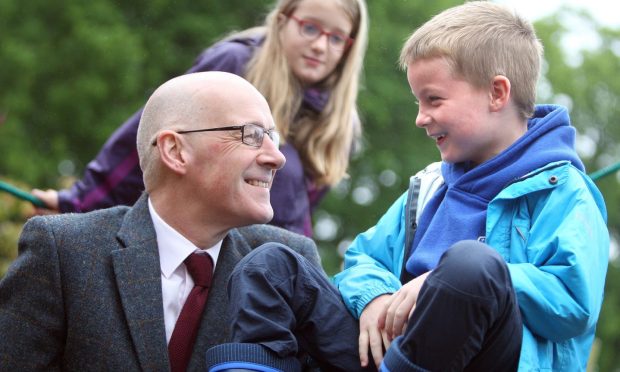
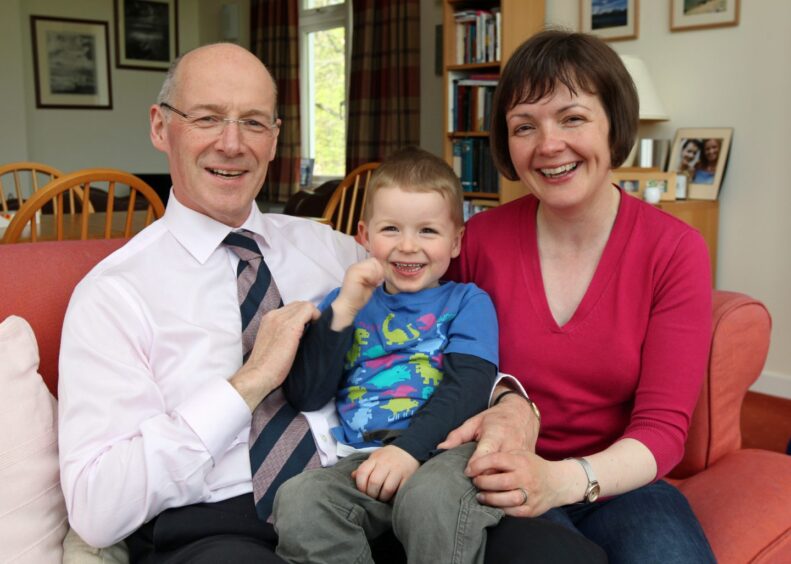
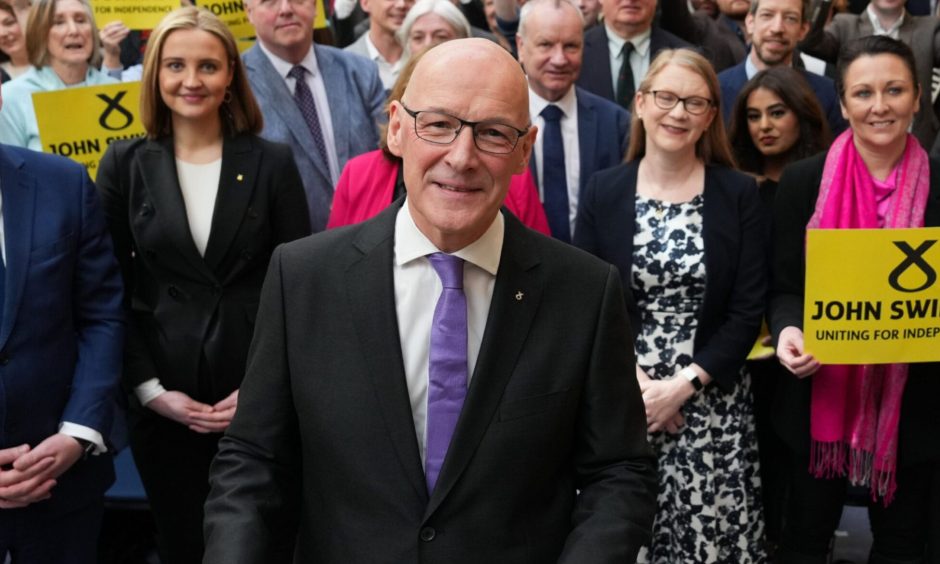

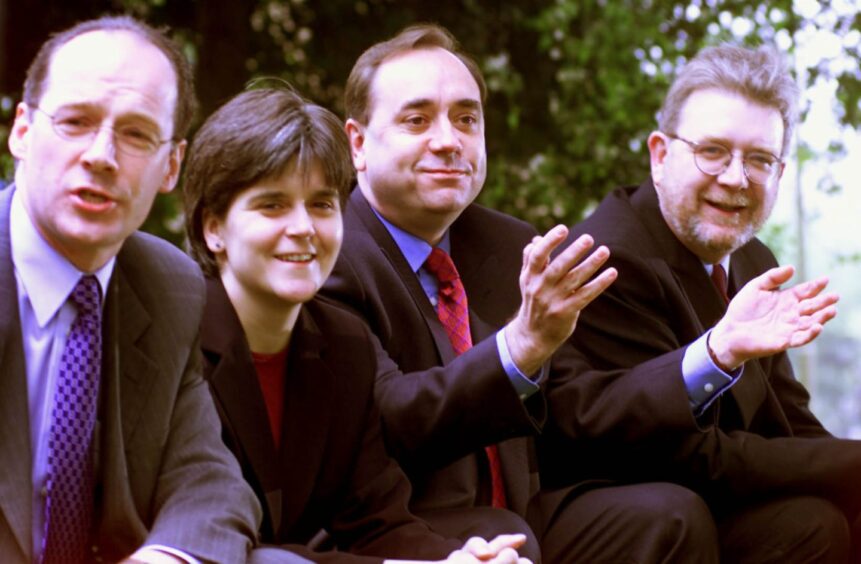
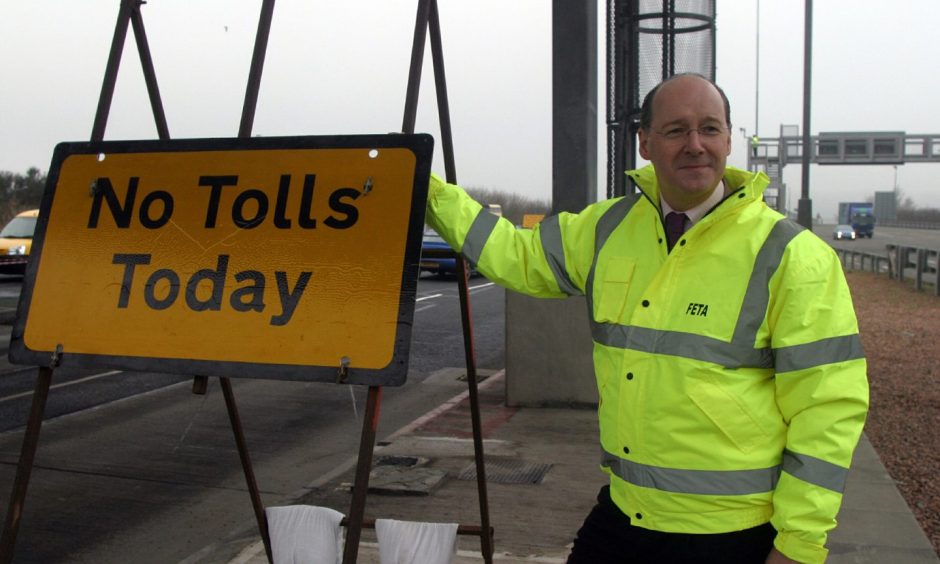


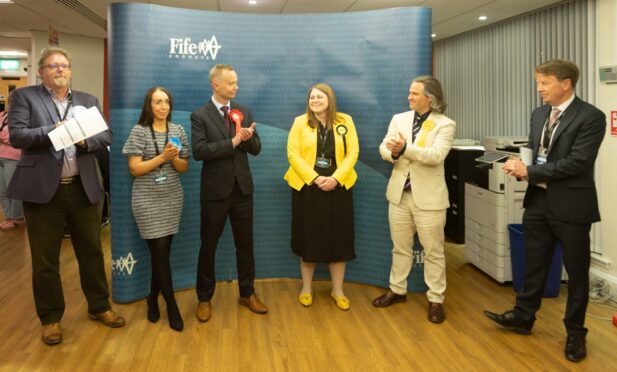


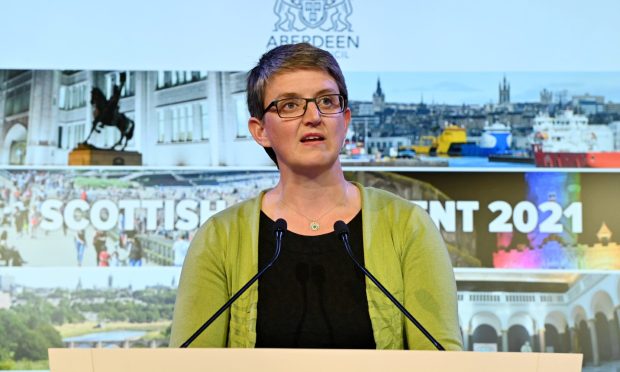



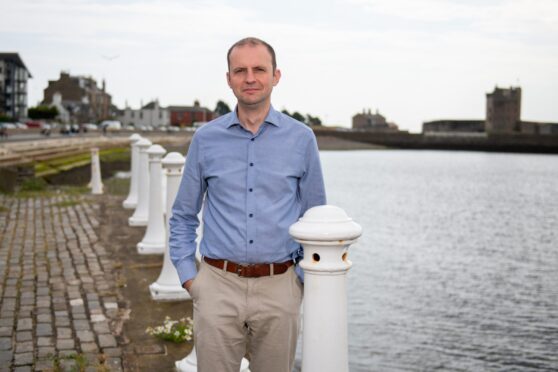
Conversation